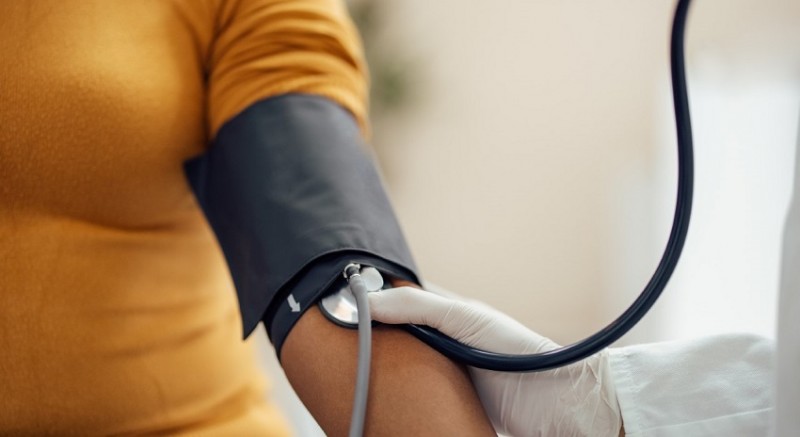
In the realm of cardiovascular health, hypertension reigns as a silent predator, often lurking unnoticed until complications arise. While managing high blood pressure is a common medical concern, there exists a subset known as resistant hypertension, which poses unique challenges. Understanding its causes and symptoms is crucial for effective management and prevention of severe complications.
What is Resistant Hypertension?
Resistant hypertension is a form of high blood pressure that does not respond adequately to conventional treatment. Even with a combination of three or more antihypertensive medications, including a diuretic, blood pressure remains elevated. This condition affects a significant portion of the hypertensive population, raising concerns due to its association with increased cardiovascular risks.
Causes of Resistant Hypertension:
Medication Non-Adherence: Poor adherence to prescribed medications is a common culprit in treatment-resistant cases. Skipping doses or not taking medications as directed can undermine their effectiveness, leading to persistent high blood pressure.
Underlying Medical Conditions: Certain medical conditions, such as chronic kidney disease, obstructive sleep apnea, and hormonal imbalances like primary aldosteronism, can contribute to resistant hypertension by disrupting normal blood pressure regulation mechanisms.
Lifestyle Factors: Unhealthy lifestyle habits, including a diet high in sodium, low physical activity levels, excessive alcohol consumption, and stress, can exacerbate hypertension and make it more resistant to treatment.
Secondary Hypertension: Resistant hypertension can also stem from secondary causes, such as kidney disorders, adrenal gland tumors, or thyroid problems, which require specialized evaluation and management.
Symptoms of Resistant Hypertension:
Persistently Elevated Blood Pressure: Despite adherence to prescribed medications and lifestyle modifications, individuals with resistant hypertension often experience consistently high blood pressure readings, typically above 130/80 mmHg.
Target Organ Damage: Prolonged exposure to uncontrolled hypertension can lead to damage in vital organs such as the heart, kidneys, brain, and blood vessels. Symptoms may include shortness of breath, chest pain, headaches, visual disturbances, and signs of kidney dysfunction.
Hypertensive Emergencies: In severe cases, resistant hypertension can precipitate hypertensive emergencies, characterized by extremely high blood pressure levels (>180/120 mmHg) accompanied by symptoms like severe headaches, nosebleeds, dizziness, and confusion. These situations require immediate medical attention to prevent life-threatening complications such as stroke or heart attack.
Treatment Resistance: Despite adjustments in medication regimens or intensification of therapy, blood pressure remains stubbornly high, indicating resistance to standard treatment approaches.
Resistant hypertension presents a formidable challenge in the realm of cardiovascular health, requiring a comprehensive approach that addresses both medical and lifestyle factors. By recognizing the underlying causes and symptoms, healthcare providers can tailor individualized treatment strategies to effectively manage blood pressure and reduce the risk of associated complications. Empowering patients with knowledge and support to adhere to treatment plans and adopt healthier lifestyles is paramount in the battle against resistant hypertension, ultimately promoting better cardiovascular outcomes and improved quality of life.
Try These Effective Strategies to Tackle Excess Abdominal Fat and Control Your Weight
How Morning Walks Transform Your Health: Know The Benefits of Starting Your Day with Walking